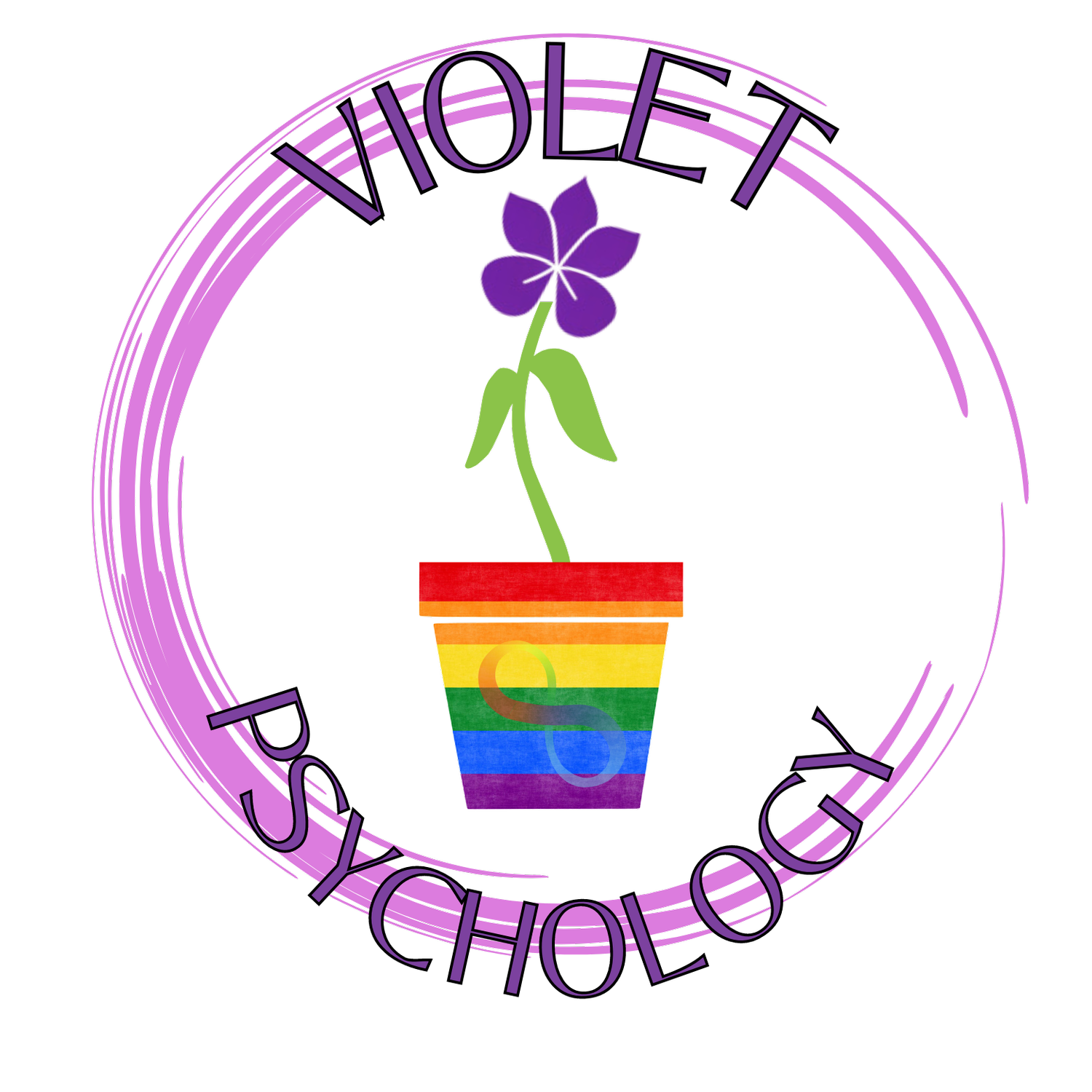Bisexuality and Impostor Syndrome - How to deal with it
I am bisexual and I have been dealing with impostor syndrome through my whole life, specially since I became aware or started to accept that I was actually bisexual.
If you are bisexual, my experience might be also familiar to yours. I have found that many bisexual people have experienced the feeling of ‘not being queer enough’ and have wrestled with impostor syndrome. You might be wondering if you can still call yourself queer or bisexual if you have dated mainly people of opposite gender (if you identify as a woman, you have dated mainly men, for example). You might have been questioned or judge about your sexuality by others ‘so you are straight/gay now?’, ‘Are you greedy/promiscuous?’, ‘you are only gay/straight when it suits you’.
What happens is that we internalized this biphobia and end up telling these things to ourselves. ‘Can I call myself bisexual if I am in a straight relationship?’ ‘Can I call myself bisexual if I have never dated a woman/men’? Yes, you can. There is no one way to be bisexual, the LGBTQIA+ is a spectrum and being bisexual does not mean that you like people from your gender or different genders in the exact same amount or percentage, 50-50. You can be bisexual and still have personal preferences.
However, it is difficult to be part of the LGBTQIA+ community when we live in a cis-heteronormative society and everybody is telling you in one way or another that what you are doing, who you are or what you feel is somehow wrong. Specially, if you are bisexual you can face discrimination from straight people but, also, sometimes from the LGBTQIA+ community. There are still a lot of people that don’t believe that bisexuality is real or don’t take it seriously.
Maybe you even have internalized that bisexuality doesn’t exist ant that this is ‘just a phase’. But is not. Bisexuality is being attracted not exclusively to people of one particular gender, and these other genders include people of the opposite sex, same sex, non binary, gender fluid and so on. You don’t need to hook up with anyone or date anyone to prove this attraction. Queerness is NOT defined by our relationships, actions, or behaviours. Remember that you could also identify as bi-romantic but in fact not have sexual attraction. That doesn’t make you any less queer.
And because we internalised biphobia and impostor syndrome what happens sometimes is that, even when you do have a relationship or a sexual encounter with someone from the same gender, you still denied your bisexuality with ‘No, it was a one time thing’, ‘I am straight’, ‘It didn’t mean anything’. I have also been there. Stop gaslighting yourself!
What are the consequences of bisexual impostor syndrome?
It is often linked to depression and anxiety, so it can affect your mental health.
Suicide rates are higher in the LGBTQIA+ community. Often, because of living in a heteronormative society and the pressure that this put on us. Again, it can really affect your mental health and wellbeing to take on the prejudice and bias that others are placing on you.
It can create confusion around your sexuality or even difficulties in accepting your sexual identity.
It can lower down your self-esteem and confidence.
How can you manage this internal impostor syndrome? How do you stop telling yourself you are not ‘queer enough?’
Build a community with fluid folks who are also exploring their place within the LGBTQIA+ community.
Read books about sexuality and bisexuality that talk about this as a spectrum (because it is, is not like you like 50% of man and 50% of women. Gender is also fluid, even though we still define it as something binary).
Stop telling yourself that this is a phase and it will pass. This will only create more confusion and shame around your sexuality. Believe me, I have been there.
Sometimes therapy can really help with learning that your sexuality is no less valid because of your current relationship or behaviours (if you are dating a man/women, you are still bi!) and that you don’t have to prove your queerness to anyone.
